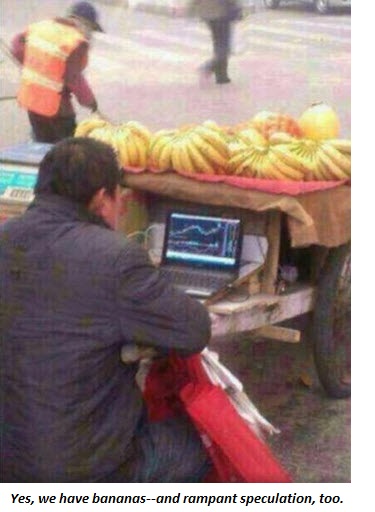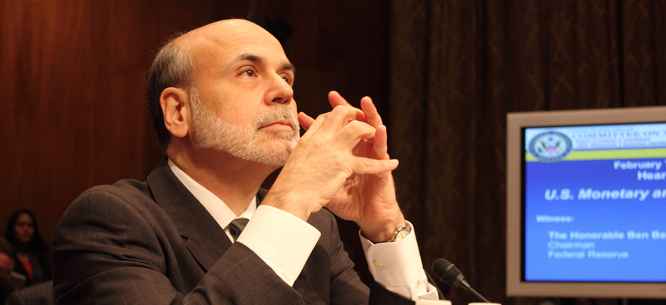I recently watched a video clip of Bernie Sanders laying the boots to Alan Greenspan back in 2003, for Greenspan’s seemingly out of touch perspective of the average American. Now while we do have a repentant banker in Greenspan, a rare phenomenon for sure, I found the scolding interesting in that essentially every accusation Sanders lays on Greenspan could be repeated today to our subsequent central banking gods. During the video notice that all the figures Sanders explicates not only remain true today but have gotten far worse. Particularly note the national debt figure which has now increased by more than 400% since then!!! The clip is well worth the 5 minutes.
But so let’s dig in a little to what Bernie is really saying to Greenspan. The overall theme of the trouncing is that the Federal Reserve, the keeper of American monetary policy, had implemented policies that clearly had done significant damage to the vast majority of Americans. Specifically Sanders is suggesting that the policies were a cancer to the economic prosperity of Americans and all the while creating extreme wealth for a select few. And while that is bad in and of itself, what Sanders finds despicable is that the Fed seems to not only deny the harm they were responsible for but Greenspan seemed to be alleging success by focusing solely on the massive wealth it had provided to the very few on top.










 Chinese retail investors are shell-shocked
Chinese retail investors are shell-shocked



